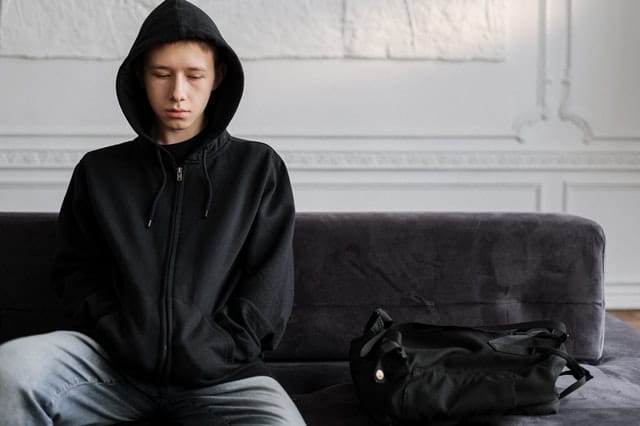GHB Rehab Treatment
At Ocean Recovery we have a number of therapies and treatments to treat gamma-hydroxybutyrate addiction. Request a CallbackOur Centres
Rehab In Northern England

Google Reviews
4
Rehab in Scotland

Google Reviews
5
Rehab in Greater London

Google Reviews
4.5
Rehab in the Midlands

Google Reviews
4











